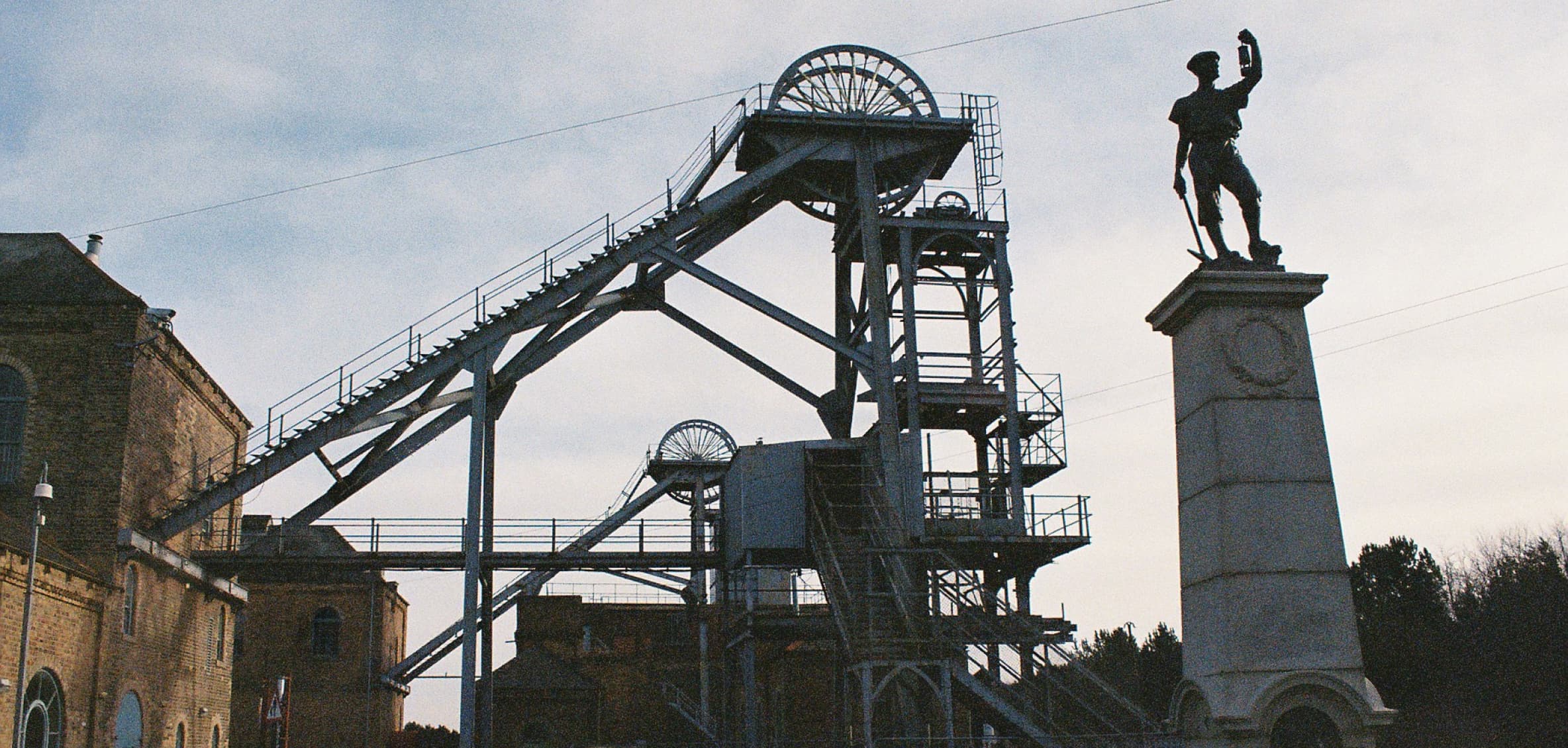(Re)Grounding in Newcastle

In 2022, in the city of Soledar, the IZOLYATSIA Foundation and D6: Culture in Transit (UK) planned to conduct an exchange program between British and Ukrainian cultural managers. During the project, the foundation's employees were to share their experience working with decentralized communities, the local context, and industrial history. Dealing with the challenges associated with changes in the environment caused by human intervention, including the aggression of the Russian Federation, was supposed to be the main topic of the exchange. Also, within the project, British artists were to work in Soledar on new artworks.
The full-scale Russian invasion prevented the project's implementation, so the IZOLYATSIA Foundation and D6: Culture in Transit teams decided to change the project format and turn it into a residency for Ukrainian artists held in Newcastle, in the North East of England. As a result of the open call, the artists Alexandra Krolikowska and Karolina Uskakovych, as well as the curator Liudmyla Nychai, were selected to study the local context and create new artworks for a month.
The North of England is believed to be one of the oldest regions of coal, salt, and iron industries. Evidence suggests that even the ancient Romans excavated coal in the region and that salt was already mined and sold in industrial quantities in the 13th century. At the beginning of the 19th century, Newcastle became the engine of the Industrial Revolution. The city quickly became a center of shipbuilding, heavy industry, and coal mining. In Newcastle, The North of England Institute of Mining and Mechanical Engineers was founded to develop science and technology and to research and collect knowledge about mining and engineering. The incredible speed of progress made the city one of the first to have electric trams and electric street lighting. Furthermore, the discovery of the steam engine, locomotive, electric generator, miners’ safety lamp, and other equipment changed coal mining forever. Unfortunately, the Industrial Revolution was also accompanied by a large number of tragedies with the loss of tens of thousands of miners' lives, as well as massive land pollution in the region.
In 1913 coal mining provided over 250,000 jobs and produced 56 million tonnes of coal a year, from over 400 mines. Exhaustion of natural resources, the decline of heavy industry in the region, British government policies, and the decline in coal use brought about the closure of the last mine in Newcastle in 1956, and the last coal mine in the region that had operated for almost 200 years was closed in 2020. The coal mines that once dominated many parts of the North East have now disappeared, and the slag heaps have been greened and integrated into the landscape. But the history of the region’s heavy industry remains the foundation for building its current identity.
The history of the North East of England is very similar to the history of the coal regions of eastern Ukraine: the complicated development of cities in the region that rose up around the creation of a new coal, chemical, and steel industry, the privileged status of factory owners, industrial tragedies and the environmental impact of industry, rapid decline, and the desire to build a new future.
In contrast to the processes in many European cities (as in the Ruhr area in Germany), in Newcastle former factory buildings are not being preserved and turned into new cultural centers. Instead, they are dismantled and returned to nature. The huge industrial complexes that used to frighten outsiders with smoke, roar, and huge chimneys of fire have now been transformed into large green parks where people come for walks.
This experience is sure to be of great use to the East of Ukraine after the victory, as there is a lack of a clear concept for rebuilding the region, closing mines, and providing people with new prospects and opportunities.
Photo: Woodhorn Museum by Alexandra Krolikowska
Translation: Anastasiia Sierikova
As part of the British Council UK/Ukraine Season, (Re)Grounding is a partnership between IZOLYATSIA and D6. As visual arts producers, we share the importance of supporting professional artistic development, working with artists who explore urgent social and environmental issues.